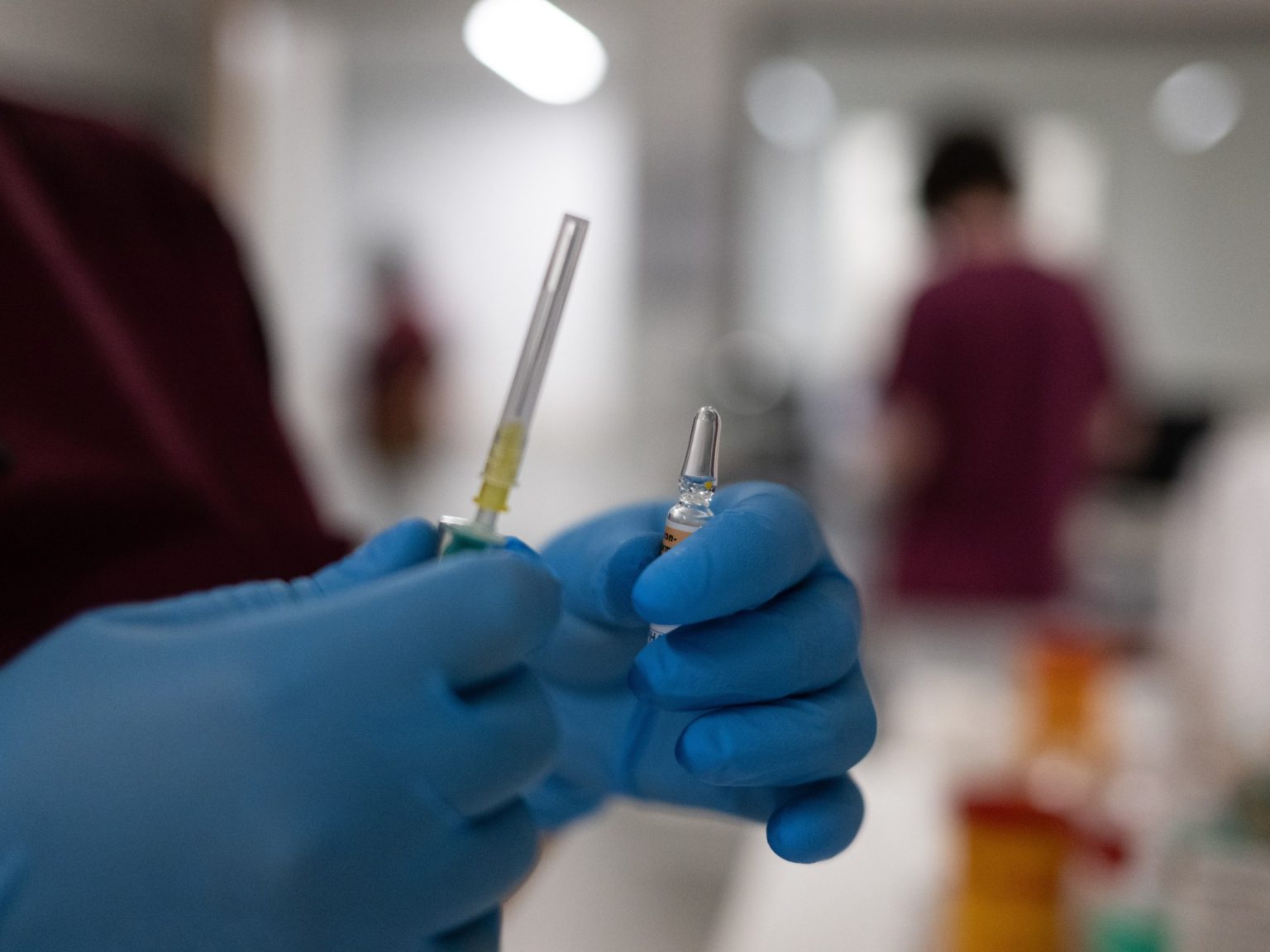The World Health Organization has emphasized that the current outbreak of mpox is not another COVID-19, as authorities are already familiar with the virus and know how to control its spread. The organization’s European director, Hans Kluge, stated that even though more research is needed on the clade 1b strain of mpox, which led to the declaration of a public health emergency of international concern (PHEIC), measures can be taken to contain the virus. The WHO lifted the alarm over the international outbreak of the less severe clade 2b strain of mpox in May 2023, which primarily affected gay and bisexual men.
Mpox is a viral infection that can cause pus-filled lesions and flu-like symptoms, and while it is usually mild, it has the potential to be deadly. The clade 1b strain of mpox is causing global concern due to its perceived increased ability to spread through routine close contact. A recent case of the variant in Sweden has been linked to a growing outbreak in Africa. Kluge highlighted the importance of refocusing efforts on the less severe clade 2 variant in Europe, implementing better public health advice and surveillance. Approximately 100 new cases of the clade 2 mpox strain are reported monthly in the European region, with close skin-to-skin contact being the primary mode of transmission.
Kluge noted that individuals in the acute phase of mpox infection, especially those with blisters in the mouth, may transmit the virus to close contacts through droplets in settings such as homes or hospitals. The exact modes of transmission are still somewhat unclear, and more research is needed to fully understand the virus. The WHO spokesperson clarified that masks and mass vaccination are not currently recommended for mpox, but the use of vaccines in outbreak settings for high-risk groups is encouraged. The Africa CDC has been working with countries experiencing mpox outbreaks to prepare for vaccinations, with doses expected to arrive soon.
The WHO declared an international health emergency due to the increase in cases of the clade 1b strain in the Democratic Republic of Congo and its spread to nearby countries. The Africa CDC announced that the DRC and other African countries could begin vaccinating against mpox within days, with support from various organizations and countries. The Africa CDC Director General stressed the importance of ensuring proper logistics and communication strategies for the safe administration of vaccines. Vaccination efforts will be accompanied by studies on the efficacy of different vaccines in African contexts.
Over the past week, African states have reported more than 1,400 additional cases of mpox, bringing the total number of cases in 12 African countries to nearly 19,000 since the start of 2024. The successful rollout of vaccinations and ongoing research on the virus’s transmission and efficacy of vaccines are crucial in controlling the mpox outbreak in Africa. Authorities remain vigilant and focused on containing the virus and protecting at-risk populations.


